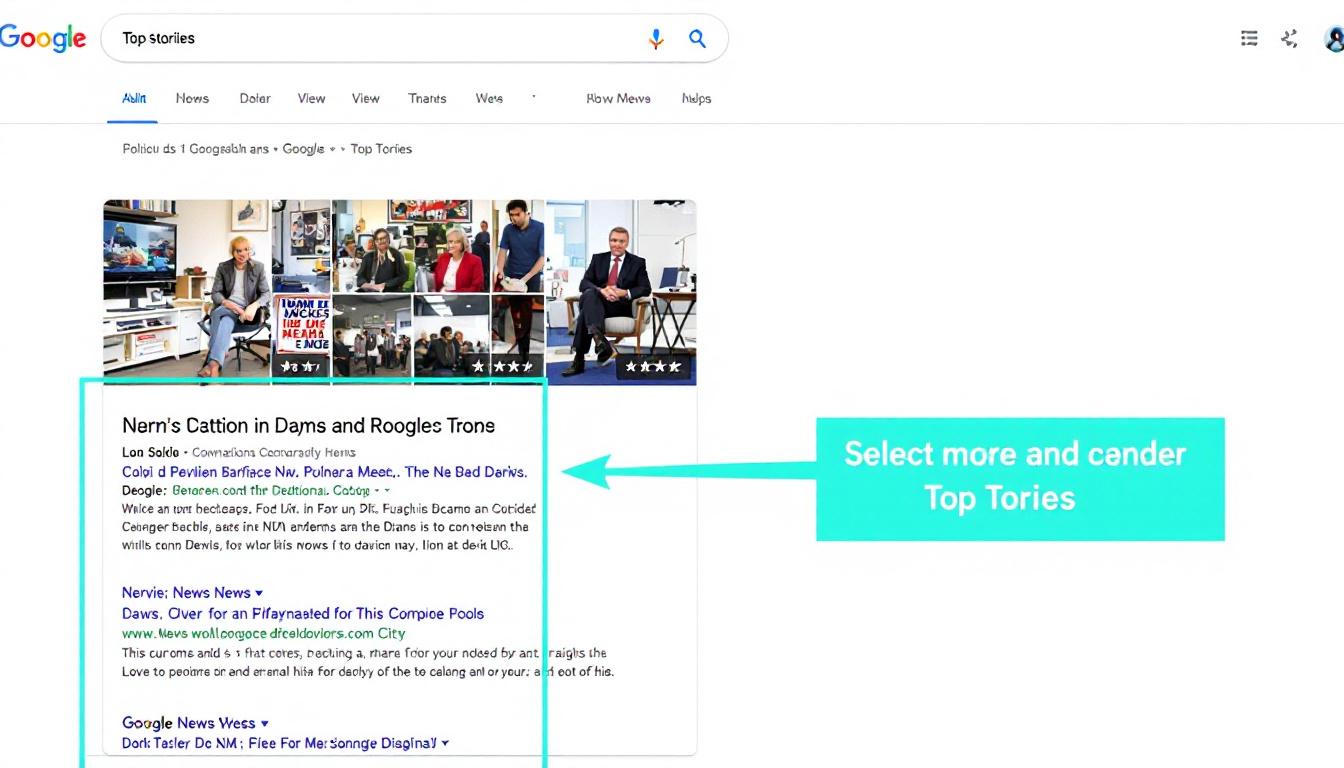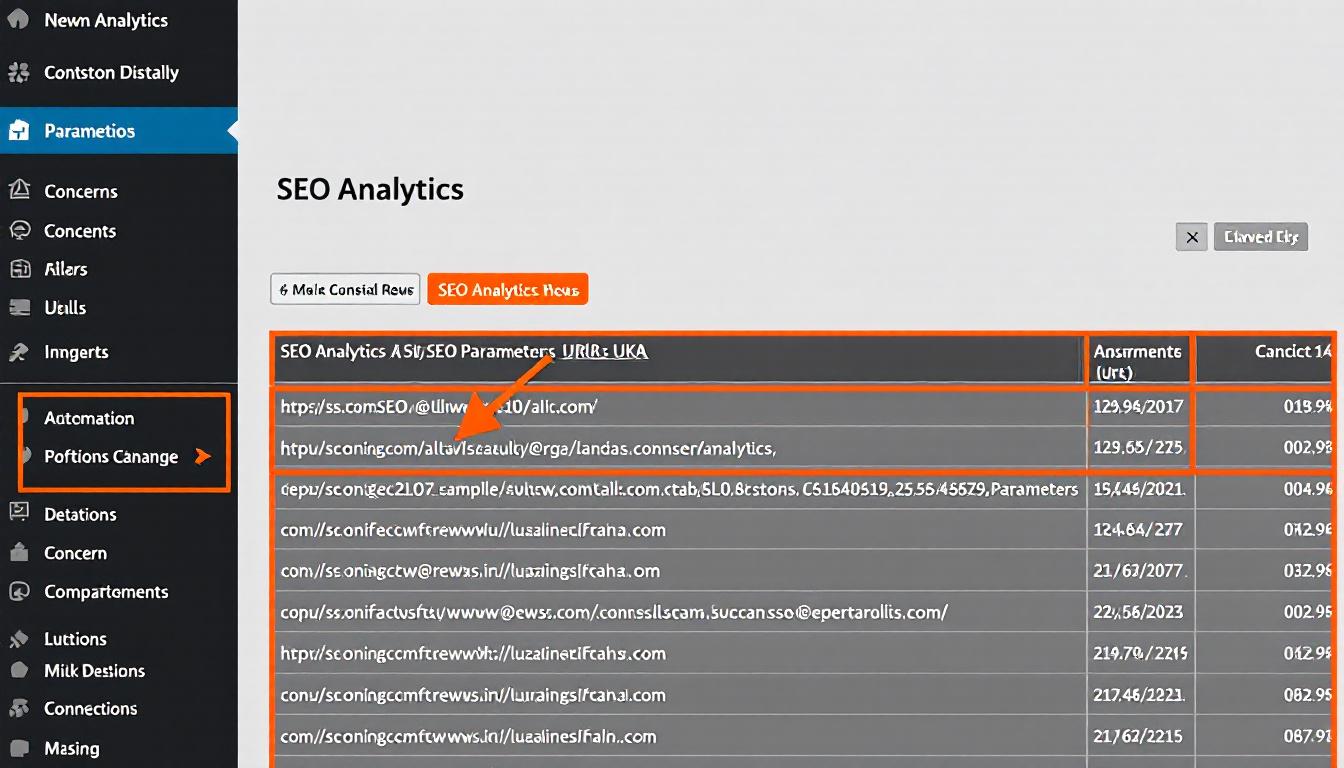At the recent Search Central Live NYC event, Google’s John Mueller shed light on the pivotal role of quality raters in refining search algorithms.
NeuronWriter
Enhance your SEO strategy and create content that ranks high with semantic recommendations.
While not explicitly stated, his insights highlighted the enduring importance of human judgment in optimizing SEO strategies.
The Significance of Quality Raters
Google employs external quality raters to assess the effectiveness of its search algorithms.
These professionals provide valuable feedback, ensuring that the algorithms deliver relevant and high-quality search results.
Their Role in Algorithm Evaluation
Quality raters review search results based on a comprehensive set of guidelines, offering subjective insights that help Google gauge the real-world performance of its algorithms.
These raters evaluate whether search results meet user needs, providing a human perspective that complements machine-driven data. Their assessments do not directly impact individual website rankings but influence broader algorithm adjustments.
By integrating third-party evaluations, Google ensures that its search algorithms remain aligned with user expectations and deliver meaningful results across the vast expanse of the internet.
Demystifying the Quality Raters Guidelines
There’s a common misconception that Google’s Quality Raters Guidelines serve as a direct manual for SEO ranking factors.
However, John Mueller clarified their actual purpose during his discussion.
What the Guidelines Actually Are
The Quality Raters Guidelines outline the criteria raters use to assess web content quality, focusing on elements that contribute to a user’s experience.
Mueller emphasized that these guidelines are not a blueprint for ranking but a tool for ensuring that search results are useful and reliable. SEOs are encouraged to familiarize themselves with these guidelines to better understand Google’s standards for high-quality content.
While the guidelines provide valuable insights into what constitutes quality content, they should not be mistaken for a list of ranking factors.
Instead, they reflect Google’s commitment to delivering content that genuinely serves users’ needs.
Human Judgment at the Core of SEO
The integration of human feedback through quality raters underscores Google’s focus on user-centric search results, shaping how SEO strategies are developed.
Moving Beyond Mechanical Optimization
Traditional SEO tactics often prioritize technical elements, but Google’s emphasis on human judgment calls for a shift towards enhancing user experience.
Mueller suggested that SEO practitioners should prioritize content usefulness and user satisfaction over mere keyword optimization. This approach aligns with Google’s objective to simulate human-like judgment in its algorithms.
As Google continues to evolve its search algorithms, the role of human judgment becomes increasingly crucial in defining what constitutes valuable and trustworthy content.
Aligning SEO with Google’s Values
Understanding Google’s reliance on quality raters provides SEOs with a clearer direction on how to tailor their strategies to meet the engine’s expectations.
Emphasizing User Experience and Trustworthiness
Google’s guidelines stress the importance of creating content that is not only informative but also trustworthy and user-friendly.
By focusing on these aspects, SEOs can ensure that their websites not only rank well but also provide genuine value to visitors, fostering long-term engagement and credibility.
Ultimately, aligning SEO practices with Google’s values means prioritizing the needs and experiences of users, which in turn supports sustained search visibility and success.
The Bottom Line
John Mueller’s insights at Search Central Live NYC underscore the enduring role of human judgment in SEO.
By understanding and aligning with Google’s emphasis on quality and user experience, SEOs can develop strategies that resonate with both search engines and their audiences.
Focusing on creating valuable, trustworthy content remains paramount in navigating the ever-evolving landscape of search optimization.








